Dormez l’esprit tranquille : découvrez l’alèse bordable et imperméable Medlogics Vous souhaitez offrir à votre enfant ou à un proche une protection fiable contre les accidents nocturnes .
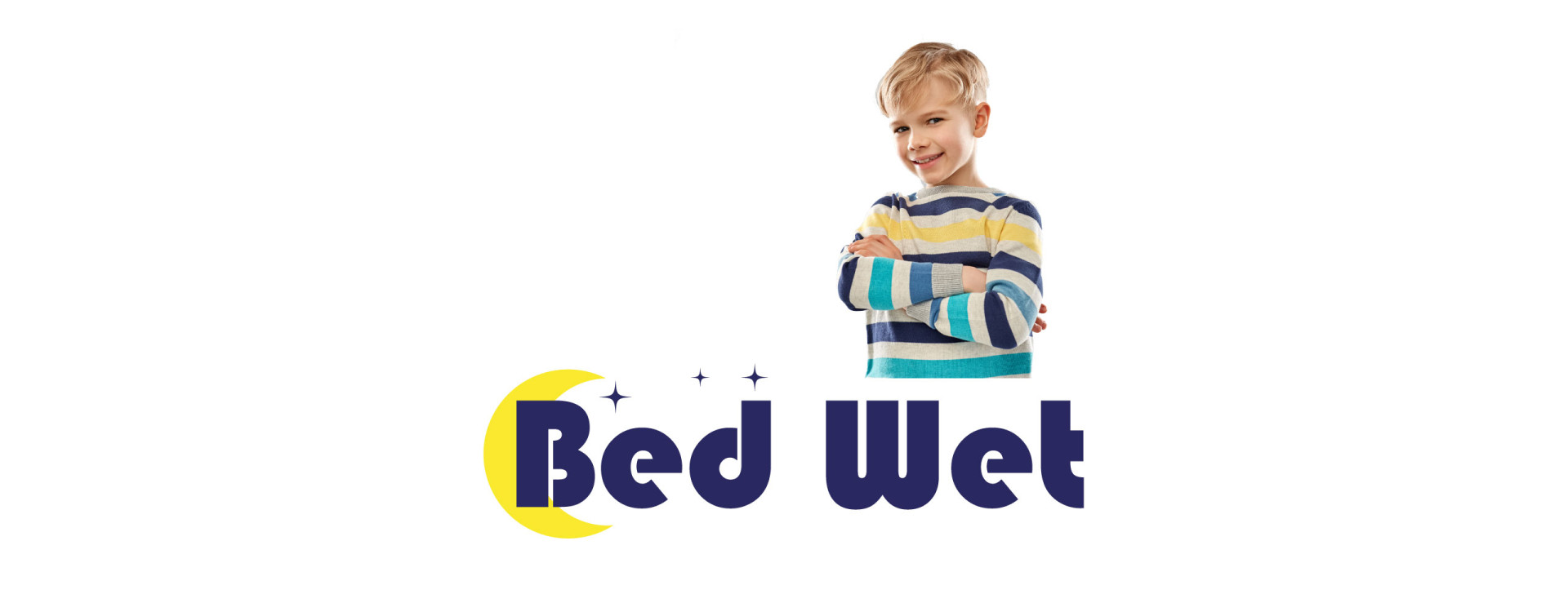
Autism and Cleanliness: Frequently Asked Questions from Parents
Leave a comment
Comments
-
Témoignage d'un Asperger adulte portant des couches
By: Arthur Garand On 04/03/2024Bonjour. Je m'appelle Arthur, j'ai 28 ans et je suis asperger. J'ai été diagnostiqué à l'âge de 7 ans et c'est à cette période que j'ai recommencé à faire pipi au lit. J'aurai aimé porter des couches durant mon enfance mais j'ai dû attendre ma majorité pour m'en procurer. Aujourd'hui je vis avec et ce n'est plus une gêne. Je n'ai plus honte d'en porter c'est devenu un sous-vêtements normal comme un autre. Et en consultant un urologue on m'a dit que mon TSA a pu causer mon énurésie ce qui a été confirmé par mon médecin traitant et ma psychiatre. Je voudrais pouvoir communiquer avec d'autres asperger ou autistes dans la même situation que moi mais rien avec les mots clés asperger/TSA/Autiste et couches apparaissent. Si certains d'entre vous se reconnaissent en moi, n'hésitez pas à m'en faire part je serai ravi de communiquer avec vous. D'ailleurs, existe-t-il une communauté de personnes TSA ou parents d'enfants TSA dans la même situation que moi que je pourrais rejoindre sur les réseaux sociaux ou les messageries instantanées ? Merci d'avance pour vos commentaires. Bonne journée Internationale de l'autisme avec 1 jour de retard désolé. Cordialement.

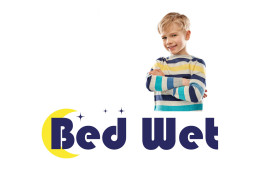
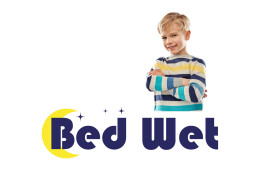
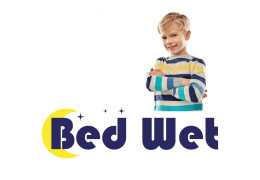
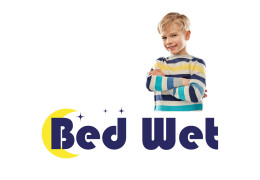
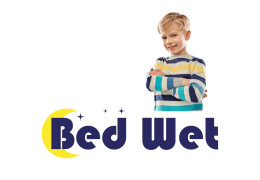
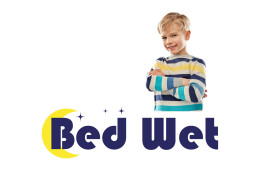
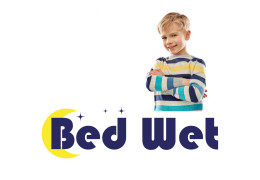
Latest comments